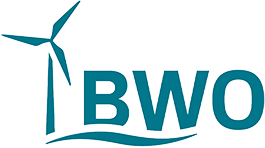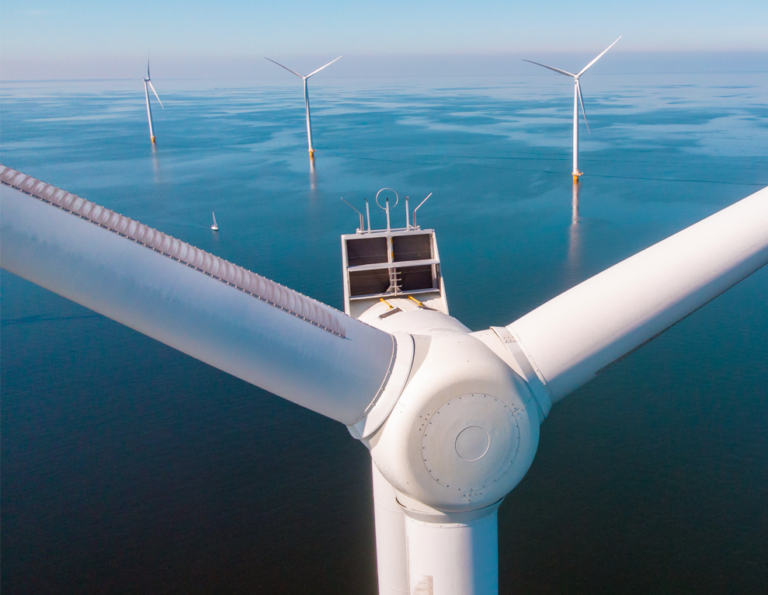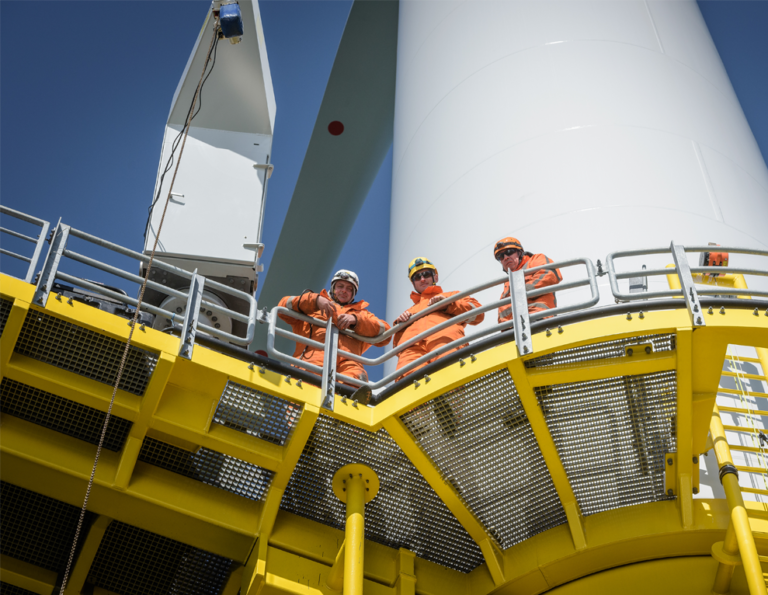Future offshore - BWO sets course for 2050
What will the energy industry look like in 2050? What contribution can electricity generation at sea make to decarbonization? On the occasion of “Future Offshore”, the most important Berlin conference on power generation at sea, 150 representatives from the offshore industry and politics will discuss perspectives, innovations and regulatory frameworks. In the center of the main annual event of the Federal Association of Wind Farm Operators Offshore eV (BWO) from 3.-4. March are the short-, medium- and long-term expansion goals for wind turbines at sea, the further development of the EEG and operational issues such as nature conservation and spatial planning.
The energy minister of the state of Mecklenburg-Western Pomerania will kick off the event. Christian level opened the evening on March 3rd and emphasized the importance of offshore wind energy for achieving the climate goals: “Offshore wind is the hope of the energy transition. At the same time, we absolutely have to make better use of the lead currently in industry and climate policy. "
The second highlight of the first evening was a high-profile panel discussion on the current energy policy situation. Stefan Thimm, managing director of the BWO, spoke to the FDP chairwoman in the Bundestag committee for economy and energy, Sandra Weeser, the deputy chairman of Bündnis90 / Die Grünen, Oliver Krischer and the energy policy coordinator of the SPD parliamentary group, Johann Saathoff, about their visions for the energy industry 2050.
Catrin Jung, Chairwoman of the BWO: “We need clear signals from politicians. It's not just about achieving climate goals and securing electricity supply, it's also about expanding industrial value creation and competitive prices for the industry." The current statutory expansion target for 2030 is 15 GW of offshore wind. An increase of 5 GW to 20 GW is already planned in the federal government's climate protection program. It has not yet been anchored in law.
With a view to the upcoming EEG amendment, Stefan Thimm, managing director of the BWO, points out that the current funding regime is no longer up-to-date and proposes the introduction of contracts for differences. "New studies show considerable potential for reducing costs in the expansion of renewable energies." At the moment, the end consumers are using the EEG to secure the system operators with the market premium when electricity prices are low, but they do not participate in possible additional income when electricity prices rise. "This is not a fair deal for consumers," said Thimm. Contracts for difference would remove this imbalance and, as a result, relieve electricity consumers. Stefan Thimm: “At the same time, contracts for differences increase the operator's investment security against regulatory changes. This leads to further cost reductions. Economic experts reckon that in this way the electricity production costs can be reduced by 30-35 percent. "
The Future Offshore conference is taking place for the third time and gives an insight into the concerns of wind farm operators. After the political kick-off on March 3rd, March 4th is all about specialist topics relating to offshore wind energy. In addition to nature conservation in the North and Baltic Seas, maritime spatial planning, North Sea cooperation, hydrogen production at sea, floating foundations, new business models for green electricity supply contracts are also being discussed.
Contact person:
Head of Communications
Phone: + 49 (30) 28 444 650
Email: l.dettmer@bwo-offshorewind.de



